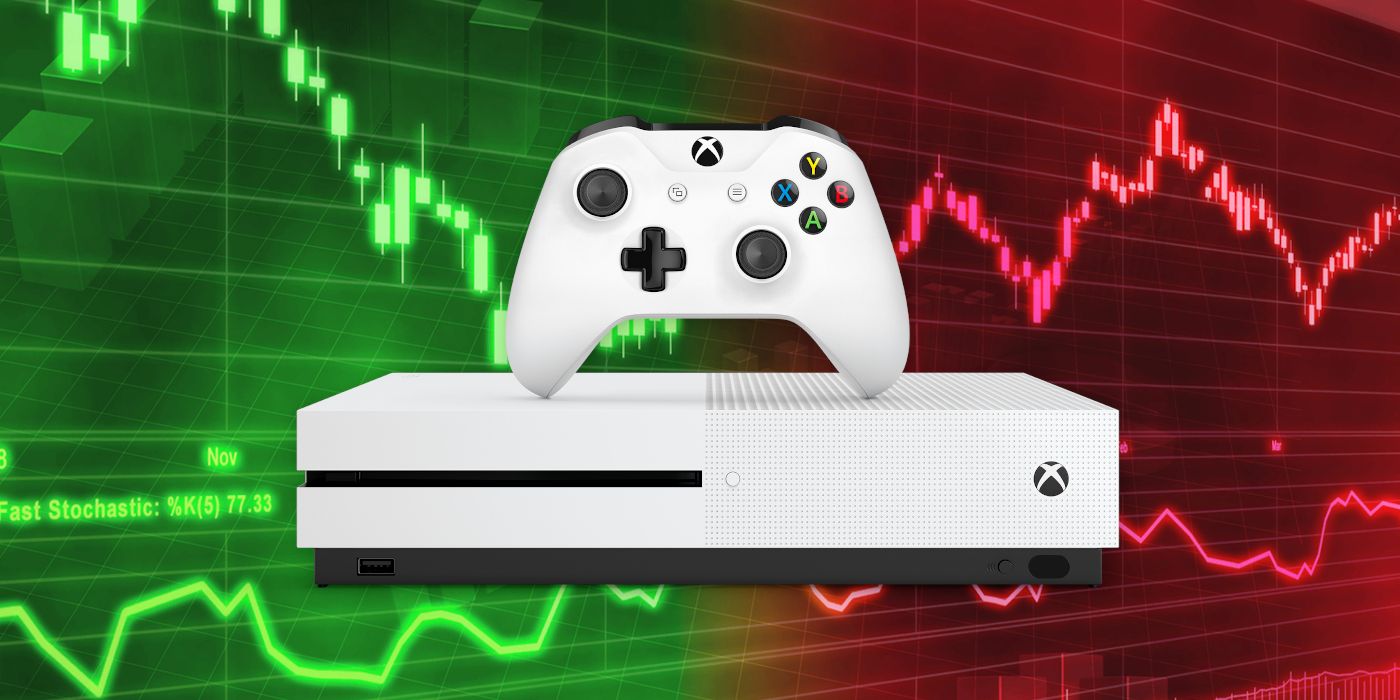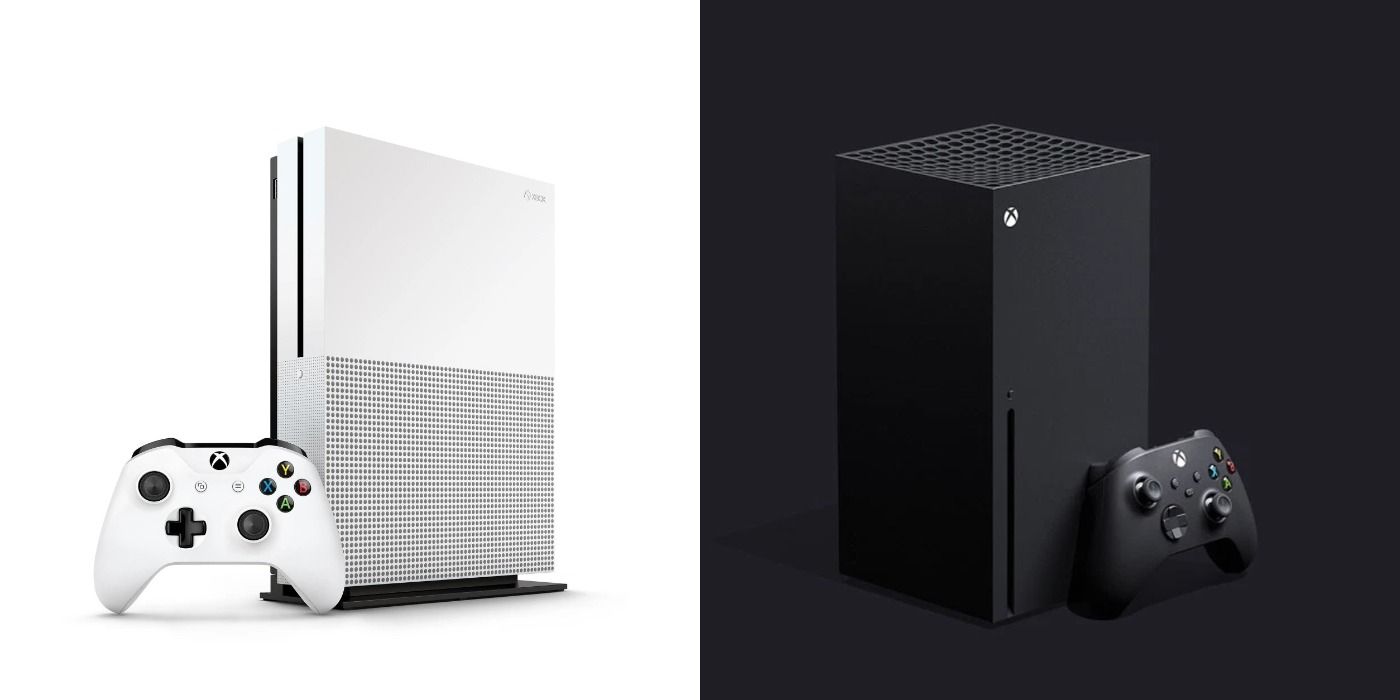Microsoft’s gaming revenue was dragged down by poor Xbox console sales. As the end of the current console generation nears, purchasing a new system isn’t at the forefront of gamers’ minds, as many are planning for the impending launch of the Xbox Series X. Every new console generation touts itself as the most innovative yet, which is unsurprising given the rapidity with which technology advances. However, the gaming industry has increasingly adopted the games-as-a-service model, whereby subscription services are one of the preferred means by which players can access their games.
To that end, the Xbox brand has been pushing its Game Pass service, which provides fans with access to over 100 high-quality titles and has even started combining other services, like Xbox Live Gold and xCloud, into its offerings. Many companies, including Microsoft and Sony, are benefiting more from these subscription services than the purchase of actual hardware by consumers. However, these services put players at the mercy of the proprietors, meaning if they choose to remove a game from the service, users no longer have access to it unless they purchase the game outright.
As the industry continues to reflect growing trends, Microsoft revealed to Gamesindustry.biz that poor console sales have dragged down gaming revenue. The company’s hardware sales were down 31%, and the Xbox parent company suggested the end of the current console generation is the reason for this reduction in quantity sold as well as lower prices. However, despite the decrease in console sales, Microsoft’s gaming revenue – according to its financial statements – had a net increase of $189 million (roughly two percent) as of June 30, 2020.
This net profit in gaming revenue is the result of “Xbox content and service revenue [being] up $943 million, or 11%.” Minecraft, third-party games, and subscription growth were responsible for this improvement, as was higher engagement brought about by COVID-19 lockdowns. Xbox Game Pass and Minecraft were the primary areas in which engagement and gaming revenue increased.
The Xbox One debuted in 2013, kicking off the current console generation. In the almost seven years since its launch, the Xbox One family of devices has had to play catch-up with Sony’s PlayStation 4 largely due to poor marketing choices (specifically, the lack of gaming focus) made by Microsoft at the beginning of this console generation. While it has covered some lost ground since then, Xbox One has had lackluster sales since its inception when compared to the PlayStation 4.
While nearing the end of this console generation is certainly a contributing factor to lower hardware sales, as well as Sony having a larger presence worldwide in the gaming industry than Microsoft, it’s mostly a symptom of a much deeper problem. The next generation is becoming a bit more promising for Microsoft as it seeks to rebrand Xbox Game Pass and refocus its entire gaming division on subscriptions and first-party titles to bolster the Xbox Series X's chances for success, but only time will tell if this approach will truly make up for seven years of questionable decision making.
Source: Gamesindustry.biz


